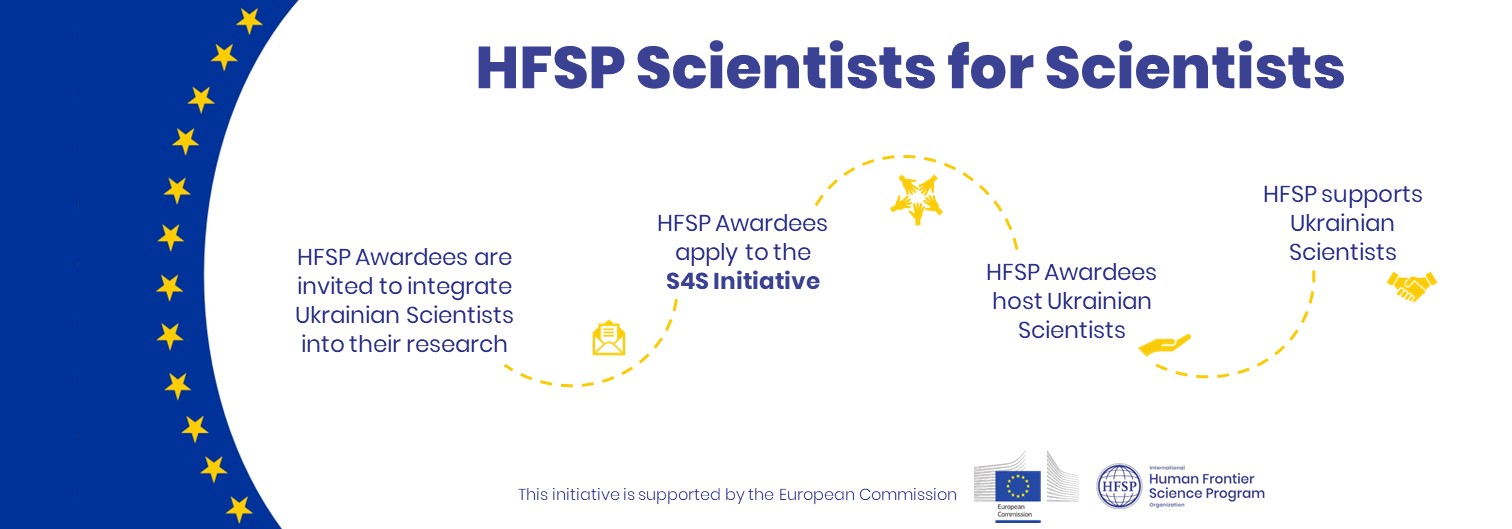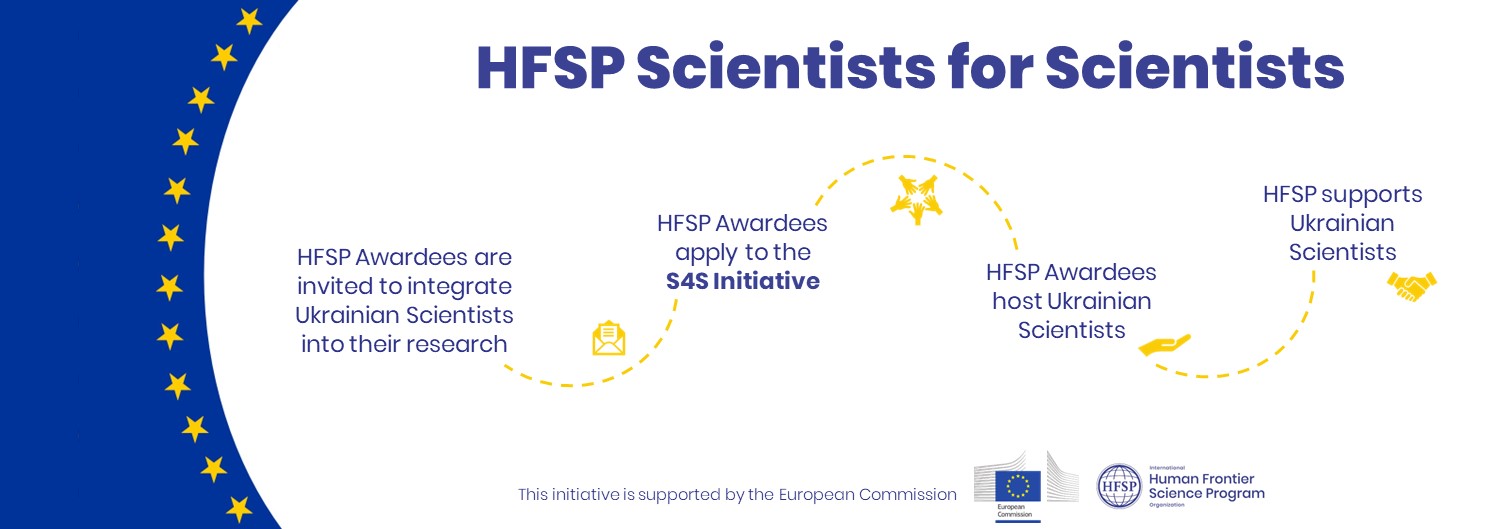The S4S initiative is a unique and very successful initiative that aims primarily to support individual Ukrainian scientists - and overall, basic life science research - affected by the war and facing an uncertain future during and after the conflict.
The results are impressive, and the scientists' opinions about the program reinforced its continuity.
"Being an integral part of such a highly interdisciplinary project is a big opportunity for me as a biologist because I will be able to become acquainted with new technologies and methods. Thank you for your support. My daughter and I can be safe, and she can continue studying and live a normal life." Nastya Maljuk, Natural History Museum, Kyiv, Ukraine
"Science in Ukraine had difficulties before the war. Very often, the only way to achieve something for a Ukrainian-born researcher was to leave Ukraine and become a part of a European lab. Only a few researchers returned afterward. Now, Ukrainian researchers, like all of Ukrainian society, struggle more than ever. But programs like HFSP are not only opening the possibilities for individuals, it is straightening out the very capacity of the Ukrainian research environment. The knowledge my colleagues and I are gaining thanks to the HFSP program, the connections with leading European research institutions, the insights into cutting-edge scientific practices, let alone the support that allows us, literally, to survive ― all of that, I believe, will bring Ukrainian individual researchers and Ukrainian institutions to a new level, in a free and peaceful Ukraine" Oleh Prylutskyi, V.N. Karazin Kharkiv National University, Kharkiv, Ukraine.
"This initiative has truly shown me the incredible difference that support can make in someone's life. I am immensely grateful for the invaluable help that HFSP has provided me. Their support has been essential to not only advancing my career, but also in keeping my current project on track. Looking ahead, I am excited about the prospect of putting into practice the diverse range of knowledge and skills that I am currently actively acquiring. With these tools, I am eager to contribute to the vital task of restoring scientific progress in Ukraine following the devastating impact of the war. The support and resources provided by HFSP have been instrumental in helping me to develop my abilities and expand my expertise, and I am confident that this will enable me to make a meaningful difference in the years to come.” Karyna Kulakova, Taras Shevchenko, National University of Kyiv, Ukraine
“Our laboratory is very grateful that Yuliia could join our project. In addition to the positive effect that this initiative has on the research project, we’re even more grateful at the impact this had in the life of Yuliia and her family. We were thrilled to see the great potential that Yuliia has and was able to further cultivate. This initiative allows her to advance her scientific skills and knowledge in a welcoming and stimulating research environment. I am extremely thankful for the Scientist for Scientist (S4S) HFSP initiative for making this possible.” Alexandre Mayran, ISREC – EPFL, Lausanne, Switzerland
“The Scientists for Scientists Initiative is a wonderful response from HFSPO to help Ukrainian scientists and their families, who are affected by the war. We feel fortunate to be able to welcome Uliana Semaniuk to integrate her scientific expertise into this exciting frontier research project.” Juha Saarikangas, University of Helsinki, Finland
“I am truly grateful to the HFSP for both creating the Scientists for Scientists program to support Ukrainian refugee scientists around the world, to help alleviate, if not their life tragedy, at least challenges to their professional prospects. I am wholeheartedly thankful to the HFSP for specifically supporting Karyna’s work in our collaborative project. Karyna greatly complements and strengthens our team, and it is a privilege to be able to host her in part thanks to the precious funds and support given to us by the HFSP, which once again through this initiative has demonstrated foresight and a touching and deep level of humanity” Rafael Carazo Salas, University of Bristol, UK
Read the complete brochure with the stories and testimonials from the Scientists4Scientists Initiative.




































